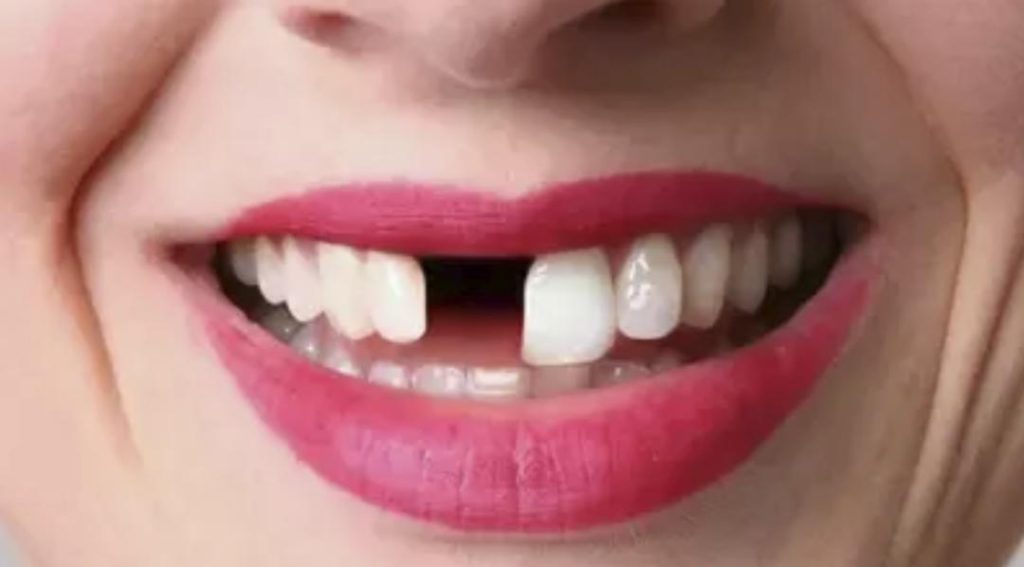
Japan Begins Human Trials of Groundbreaking Tooth Regrowth Drug
Imagine a world where tooth loss is a thing of the past. A world where dentures and implants are a thing of the past. A world where children are born with a full set of teeth, and adults can enjoy a lifetime of healthy, natural smiles. Sounds like a utopian dream, right? But thanks to the groundbreaking research being conducted by Japanese scientists, this may soon become a reality.
Scientists at Kyoto University have launched human trials for a revolutionary new drug that could regrow lost teeth. The treatment, which targets the USAG-1 protein, has shown incredible promise in animal studies and could potentially become a viable alternative to traditional tooth replacement methods.
Tooth loss is a common problem that affects millions of people around the world. Whether it’s due to decay, injury, or genetic conditions, missing teeth can have a significant impact on a person’s quality of life. Dentures and implants have long been the standard solutions, but they come with their own set of problems. Dentures can be uncomfortable and affect the fit of the mouth, while implants require invasive surgery and can be expensive.
The new drug, developed by Kyoto University’s Professor Takashi Tsuji and his team, works by stimulating the body’s natural ability to regrow teeth. The USAG-1 protein plays a crucial role in the development of teeth, and by targeting it, the drug can trigger the growth of new teeth.
“We are very excited about the potential of this treatment,” said Professor Tsuji. “We believe it could revolutionize the way we approach tooth loss and restore the natural function of teeth for patients.”
The human trials, which began earlier this year, are focused on children with congenital tooth loss. Congenital tooth loss, also known as hypodontia, is a condition where teeth fail to develop properly during fetal development. It is a relatively common condition, affecting around 1 in 10 children.
The first phase of the trial involves administering the drug to a group of children with congenital tooth loss. The children will be monitored closely to assess the safety and efficacy of the treatment. If the results are successful, the drug could be tested on adults with missing teeth in the future.
The potential benefits of this treatment are enormous. Not only could it restore the natural function of teeth for patients, but it could also improve their overall quality of life. No longer would people have to live with the discomfort and embarrassment of missing teeth.
But the implications of this treatment go beyond just personal benefits. It could also have a significant impact on public health. Tooth loss is a major public health issue, with millions of people around the world suffering from missing teeth. The development of a treatment that can regrow teeth could help to address this issue and improve oral health on a global scale.
Of course, there are still many challenges to overcome before this treatment can become a reality. The human trials are just the beginning, and the drug will need to undergo rigorous testing and evaluation before it can be approved for widespread use.
But the potential is there, and the team at Kyoto University is confident that their research could lead to a breakthrough in tooth regrowth. As Professor Tsuji said, “We are very excited about the potential of this treatment. We believe it could revolutionize the way we approach tooth loss and restore the natural function of teeth for patients.”
With the first human trials now underway, the world is one step closer to a future where tooth loss is a thing of the past. A future where people can live with confidence and dignity, knowing that their teeth are healthy and natural.
Source:



